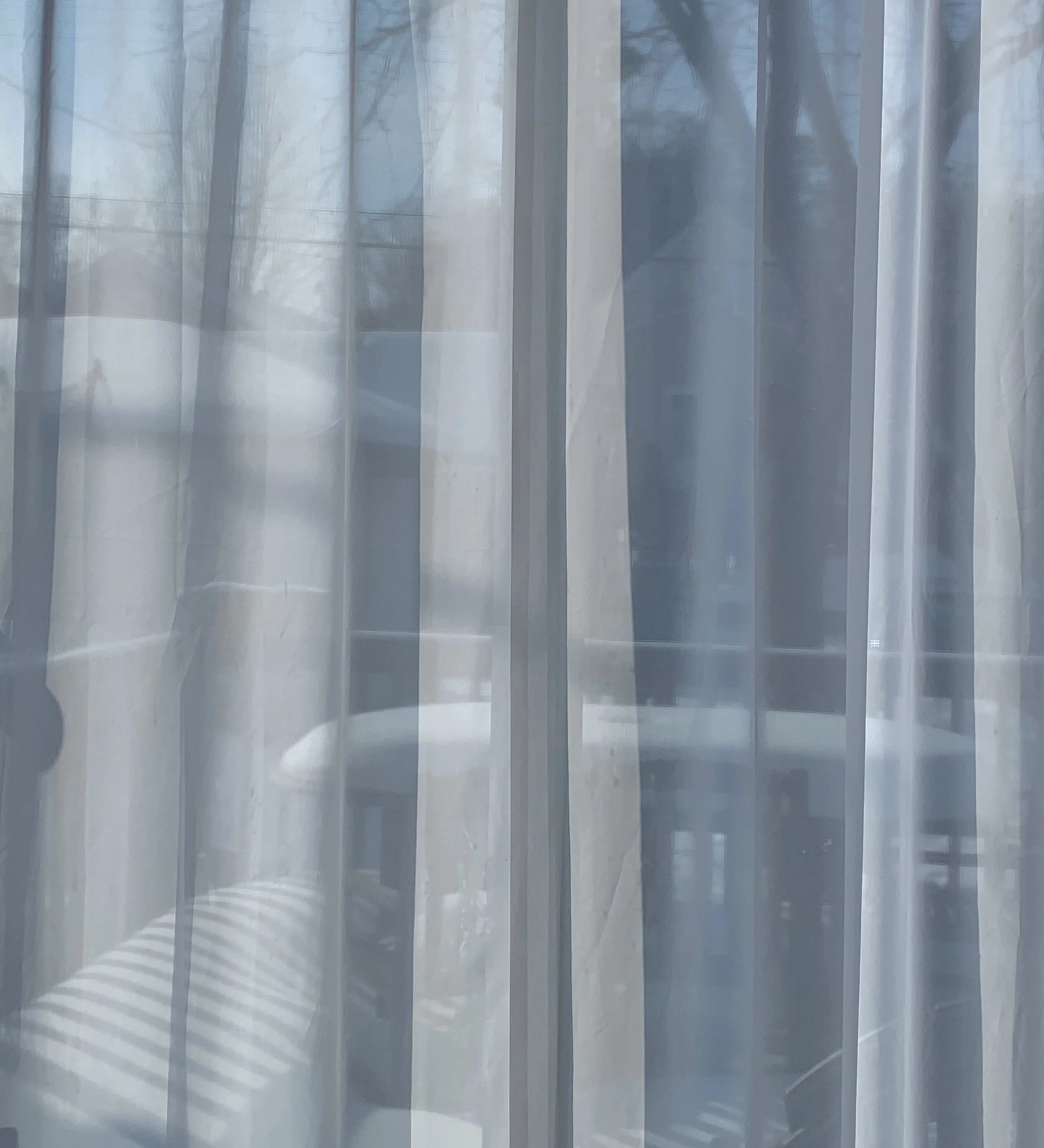There can be no question, none whatsoever, of making “helpful” books. (127)
It’s unlikely Rilke was commenting here, in a letter, on books written with the intention to be helpful.
Our bookshelves these days are glutted with helpful books – from the explicit “self-help” genre through management and leadership books; books for learning everything from languages to cooking; technical manuals; books on specialized subjects for popular audiences; and so on. Rather than these kinds of books, Rilke was probably talking about books he would write, books of poetry. The passage continues:
The help must not be located in the book but at best in the relation between the reader and the book: there in this space that remains between the one who reads and the book (this peculiar space, which finds its equivalent in the imaginary space of painting and the spatiality that surrounds and is governed by a sculpture) the misunderstanding of assistance might become a transparent event. (127-128)
I don’t know the context of these comments, since they come in an extract selected and translated by Ulrich Baer for the beautiful book, Letters on Life, but there’s a lot of richness to delve into here. Rilke is instructing readers not to expect “help” from literature. Sometimes we read for the aesthetic experience, the pleasure of catharsis or simple appreciation; sometimes we’re seeking something – aesthetic or spiritual transformation.
But this seeking is based on a “misunderstanding” of the experience of reading and of what a book is. This misunderstanding instrumentalizes literature, gives it utility (to be helpful), which reduces it according to a left-brained, narrow-minded, mechanistic worldview.
“Help” is an intervention from some external agent that transforms a problem, causes a change. Help enables change for the better. Help is specific to the problem. Help cannot be found in books but “at best” – if it’s found at all – in that “peculiar space” constituted by the book’s contents interacting with the reader’s mind state, in the space where meaning is made. This space is characterized by both what the book holds and what needs, wishes, desires, psychic states, levels of maturity, cultural references, knowledge, context, etc. the readers brings to the experience of reading. If this mesh of criss-crossing energies and priors meet an articulation in the book and this meeting yields meaning, then the need, the urgency with which the reader came to the book and which energizes that space between can relax, relent, feel nourished, and the reader may find the book “helpful” in that it releases energy and loosens tension.
A “transparent event” in contrast to “help” is something that can’t be sought. You can come to a book or work of art with a readiness, an openness, a vague expectancy, and a wish for aesthetic enjoyment, but you don’t know if you’ll have an “event.” What is an event? It’s a demarcation of time when something of significance occurred, a happening with a beginning and end, a time marked out from the flow of undifferentiated moments by its clear significance.
Transparency is clear; it can be seen through, understood. So a transparent event is a moment of understanding, of insight; a moment of vision. These are the joys of reading. And they occur in the space between the work of art and the perceiving subject.
This space has a corollary with the space between the work and the author, and the “misunderstanding of assistance” is like the misattribution of the meaning of a work to the person who wrote it. I’m reminded of what Foucault called “the author function” (in “What Is an Author?” – an essay I learned and mined and loved during the dissertation years):
It would be just as wrong to equate the author with the real writer as to equate him with the fictitious speaker; the author function is carried out and operates in the scission itself, in this division and distance. (112)
Just as finding help in a book and calling the book helpful is a misattribution, our attribution of originality or the source of meanings to the “‘creative’ power” (110) of an author is mistaken:
…these aspects of an individual which we designate as making him an author are only a projection, in more or less psychologizing terms, of the operations that we force texts to undergo, the connections that we make, the traits that we establish as pertinent, the continuities that we recognize, or the exclusions that we practice. (110)
In overlooking the gap, the space between, we are limiting and narrowing experience and meaning. “The author,” Foucault admonishes, “is therefore the ideological figure by which one marks the manner in which we fear the proliferation of meaning” (119). The idea that an author’s intent (maybe to be helpful) is conveyed directly into the book (making it a helpful book) limits the potential for a “transparent event” to occur.
Quotes from:
Rilke, Rainer Maria, Letters on Life, ed. and trans. Ulrich Baer, New York: Modern Library.
Foucault, Michel, “What Is an Author?” in The Foucault Reader, ed. Paul Rabinow, New York: Pantheon Books.
